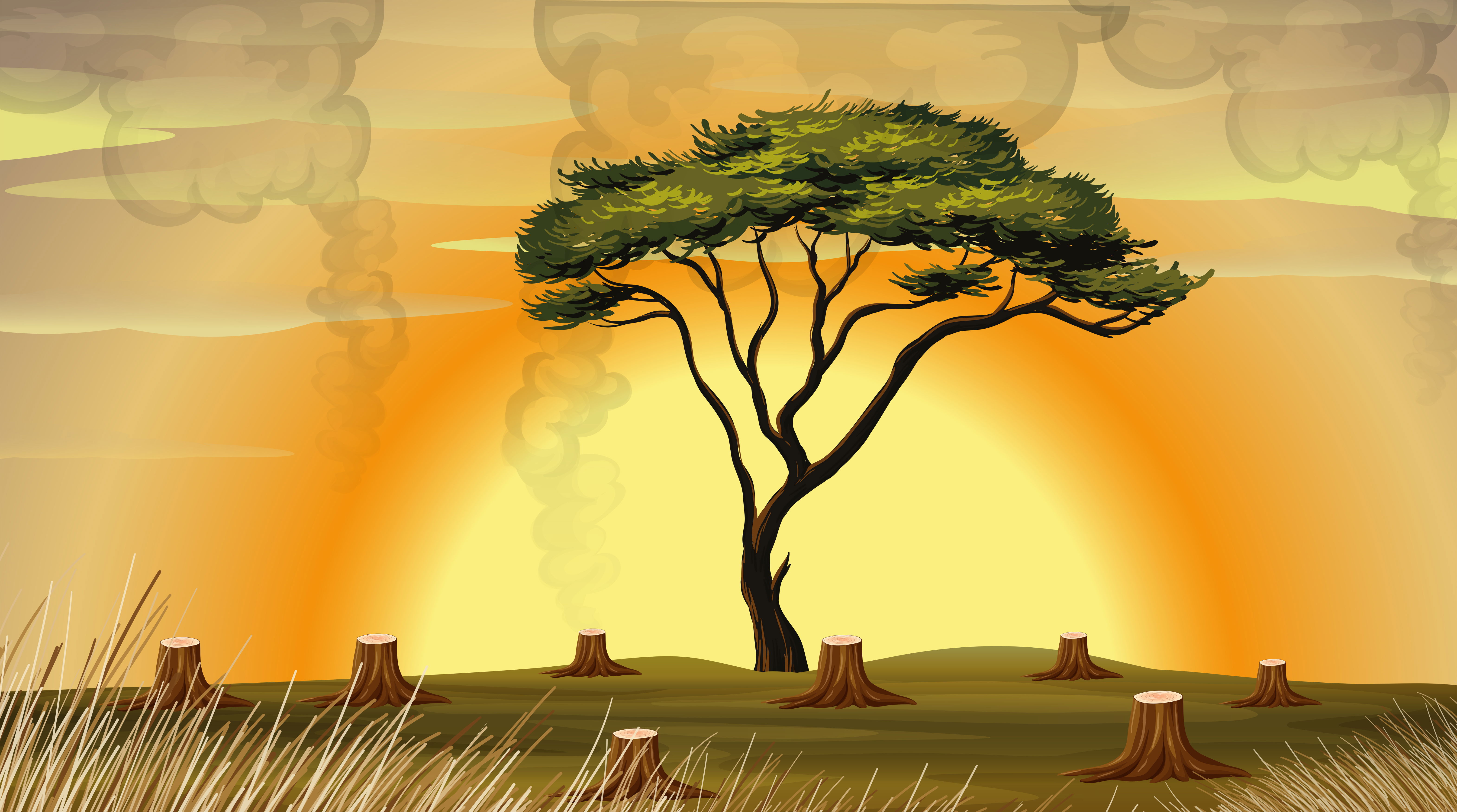Status of Deforestation Around the Globe
17Jan

By Michael Jumba
Deforestation is a serious global issue, as forests play a crucial role in the balance of the Earth's ecosystems and climate. Here are a few examples of the current status of deforestation worldwide:
- Amazon Rainforest: The Amazon rainforest, which spans across Brazil, Peru, and several other South American countries, is one of the largest and most diverse ecosystems in the world. However, it has been facing significant deforestation due to commercial agriculture, illegal logging, and expanding urban areas.
- Southeast Asia: Southeast Asia, particularly Indonesia and Malaysia, is also experiencing high levels of deforestation, primarily due to the growth of palm oil plantations. This has led to the loss of habitat for many indigenous species and contributed to greenhouse gas emissions.
- Africa: In Africa, deforestation is caused by a variety of factors, including agricultural expansion, charcoal production, and illegal logging. The continent has experienced some of the highest deforestation rates in the world, and this has had serious impacts on local communities and ecosystems.
- Central America: Central America is facing deforestation due to the expansion of commercial agriculture, particularly for the production of coffee, bananas, and palm oil. This has led to the loss of vital habitat for many species, including jaguars and howler monkeys.
These examples illustrate the widespread nature of deforestation and the range of factors that contribute to it. The loss of forests has serious consequences for the planet, including decreased biodiversity, increased greenhouse gas emissions, and disrupted water cycles.
Comments


